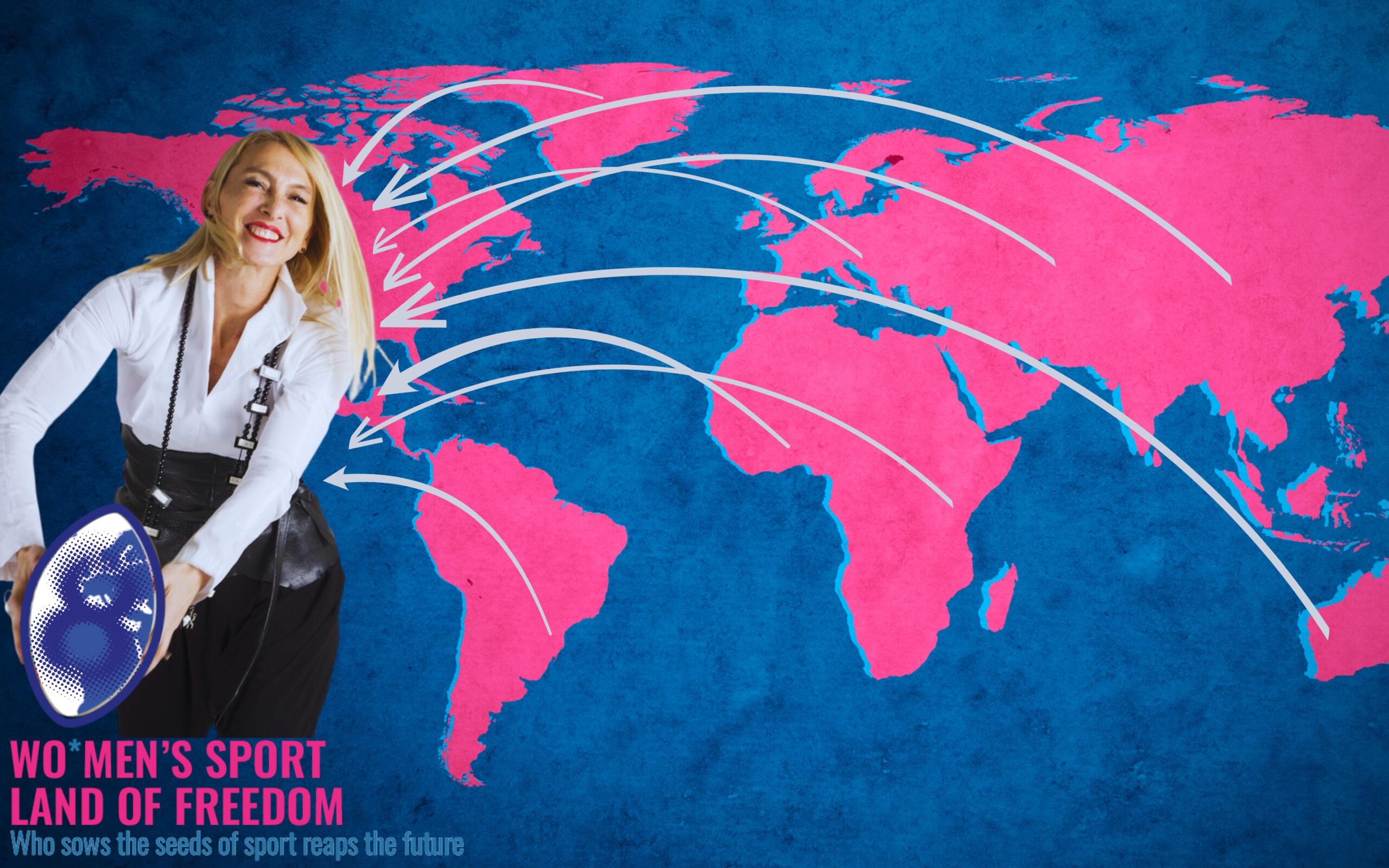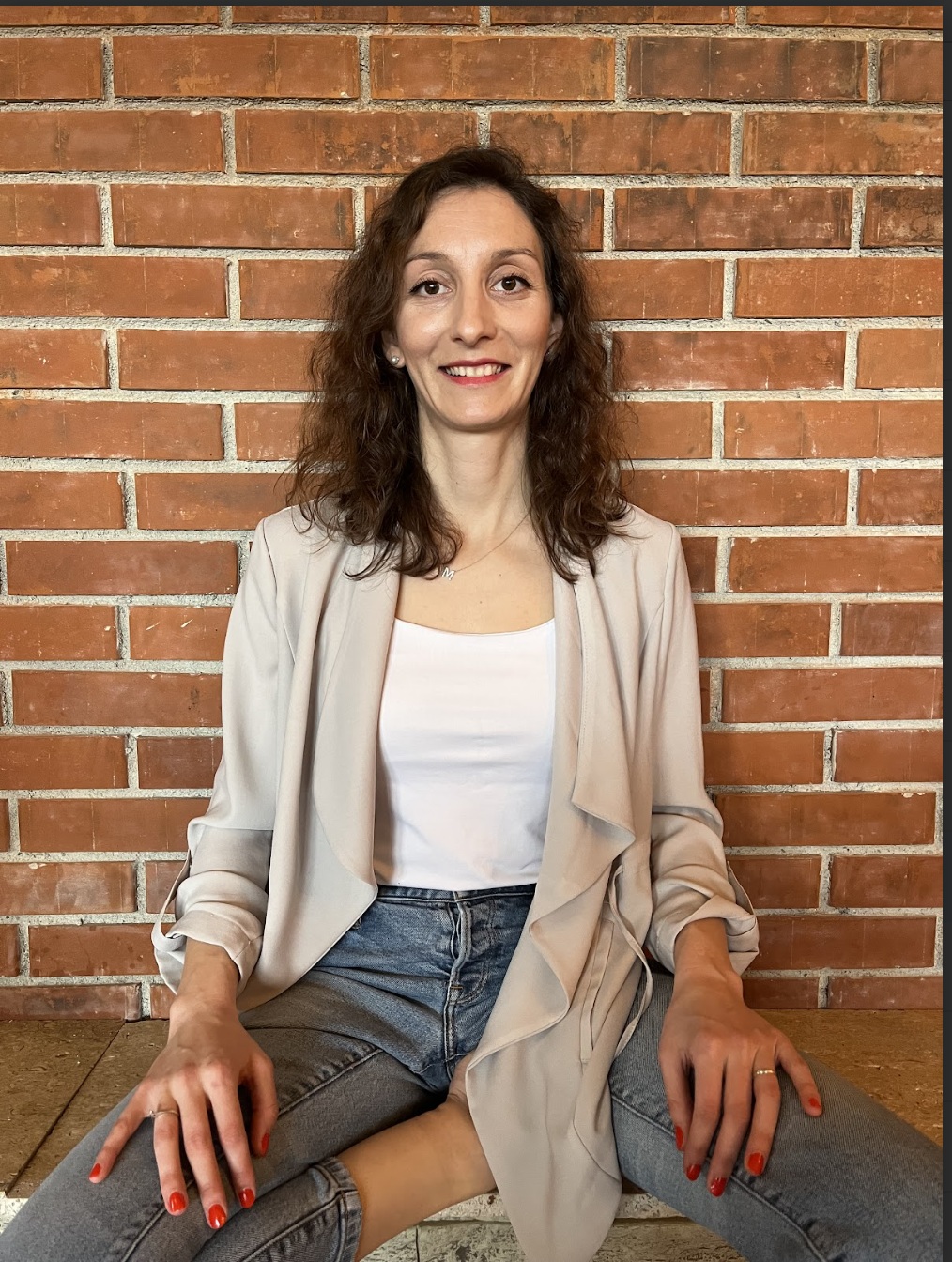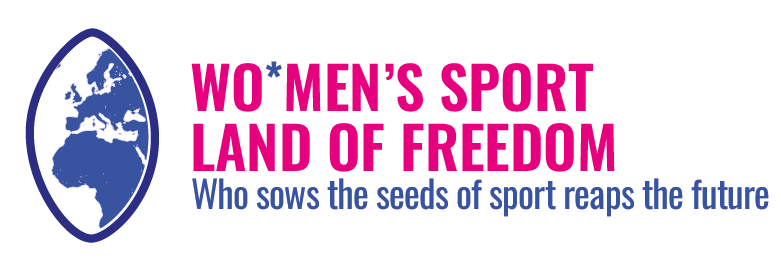
BULGARY: THERE IS A PLACE FOR EVERYONE IN RUGBY AND, AS A COACH, I HAVE LEARNED TO LOOK FOR PEOPLE’S STRENGHTS AND TRY TO HELP THEM BRIGH THEM OUT/EXPAND THEM
“There is a place for everyone in rugby and, as a coach, I have learned to look for people’s strenghts and try to help them bring them out/expand them”

Thanks to:
Darina Zaharieva
Education and Development manager (Bulgarian Rugby Federation)
- The history of the women’s movement in Bulgary
- Testimonials
- Reading time: 7 minutes
BULGARY - Find out more
Bulgaria is a parliamentary republic in Southeastern Europe, with a population of approximately 6.44 million in 2024 (and decreasing), 51–52% of whom are women. Demographics are in serious crisis: the fertility rate (1.6–1.7 children per woman) is well below the replacement threshold, and emigration has reduced the population by a quarter compared to the 1980s. The political landscape is characterized by chronic instability, with fragile governments and frequent early elections; the National Assembly (240 seats) currently has approximately 27% female parliamentarians, still below the recommended threshold of 30%. On the labor front, the female employment rate is approximately 67.4%, lower than the male one (73.9%), despite strong female involvement in the economy, especially in STEM sectors. The pay gap, at around 13%, is lower than the EU average, but challenges persist related to female inactivity and full professional development.
HISTORY OF THE COUNTRY
1. When did the women’s rugby movement start in your country and what is its history? How is rugby structured in your country?
Women’s rugby in Bulgaria took its first steps in the late 1990s. The first competitions for women and girls were held in 1997-98. During that period, the first teams were formed in major rugby centers and clubs. There had been previous attempts, but they were local and unfortunately unsuccessful, being short-lived. Four rugby sevens teams participated in the first competition. From 2001 to 2004, Rugby 15 and Rugby 7s developed in parallel, with one championship featuring three teams in Rugby 15 and four in Rugby 7s. After 2003, the focus shifted to Rugby 7s, which also saw its first games on the international calendar. Bulgaria also participated in the first European Championship, and from 2024, the national women’s Rugby XV team began a new era in our history. Today, Bulgaria has six registered sports clubs, members of the federation, and two social clubs. Championships, a national cup, and tournaments are held regularly in Rugby 7s, Rugby 10s, Rugby 15s, and Beach Rugby. Thanks to Pavel Velkov (BRF Technical Director) for the historical information and statistics.
2. Do you think playing rugby has a social impact for a woman in your country?
Rugby is one of the only sports where you aren’t judged based on your background, body image, gender, or any other divisive factor. I firmly believe that its inclusivity is what makes it so attractive to people, and that we must make an effort to raise awareness of this. In today’s emancipated world, gender has no value as a divide. On the contrary, it is part of what unites us, even more so in a unifying social phenomenon like sport. A specific example for Bulgaria is that, in the last two Olympic cycles, female athletes have even surpassed men in terms of rankings and athletic performance in major championships and at the Olympics. In rugby, the development of women is also a good social example, with a parallel development in men’s sports.
3. In your opinion, what can rugby give to women in your country?
Rugby offers a social life, friendships, health, and a place to feel part of something. It also offers numerous opportunities for personal development—professional or voluntary work in various areas of rugby: as a player, coach, or staff member, sports management, or sports education. Thus, it offers every opportunity for self-expression and development in life.
JOURNEYS THROUGH RUGBY
1. When did you start playing rugby and how you discover it?
I “met” with rugby as a sports therapist in 2010, during my first year as a student in Coventry University.
2. How did you first learn about its existence?
Funny story really, I was going to salsa classes and my partner there turned out to be a fireman who played rugby 🙂 I didn’t know much about rugby back then since rugby was not popular at all in my home country. When he found out I was studying to become a sports therapist, he spoke to his club’s physiotherapist to take me as intern, which he did and kindly took me under his wing throughout my studies. I will always remember the day I first went to see a rugby training session and the first time I entered the pitch. Surprisingly to me, when I came back to Bulgaria, a referee got in touch with me and told me there was rugby in Bulgaria and invited me to be a therapist for the teams. I was very pleased to hear that as rugby had already become a big part of my life, so to have the opportunity to continue being involved in this great sport came as a blessing.
3. What has rugby taught you that has impacted your daily life?
Rugby has made me appreciate and understand that our differences could be used to our advantage. In rugby there is a place or position for everyone, so I’ve learned to look for people’s strengths and try to help them bring them out and develop/ expand on them.
4. Can you give me an example of when a rugby mindset has been helpfull to you?
I think since I became familiar with rugby’s values (integrity, passion, solidarity, discipline and respect), they have been hardwired into my heart and brain and have ever since defined my actions. Seeing how the sport has affected myself and witnessed its power in character building, I have decided that I’d like to help rugby reach the children in my country. Despite all the adversity, rugby has taught me that through passion, discipline and perseverance all goals could be achieved.
5. Can you give me 3 words that connect rugby to freedom?
Space/place to be yourself (sorry it’s 4).
6. What does live in a land of freedom mean to you?
To have the opportunity to show your true self without being concerned you’d be judged. To be in a place of unconditional support and acceptance.
7. What object represents you and why? What is an aphorism that guides your life?
I would say a brush – you could paint your own destiny with it 🙂
“Pay it forward.”
